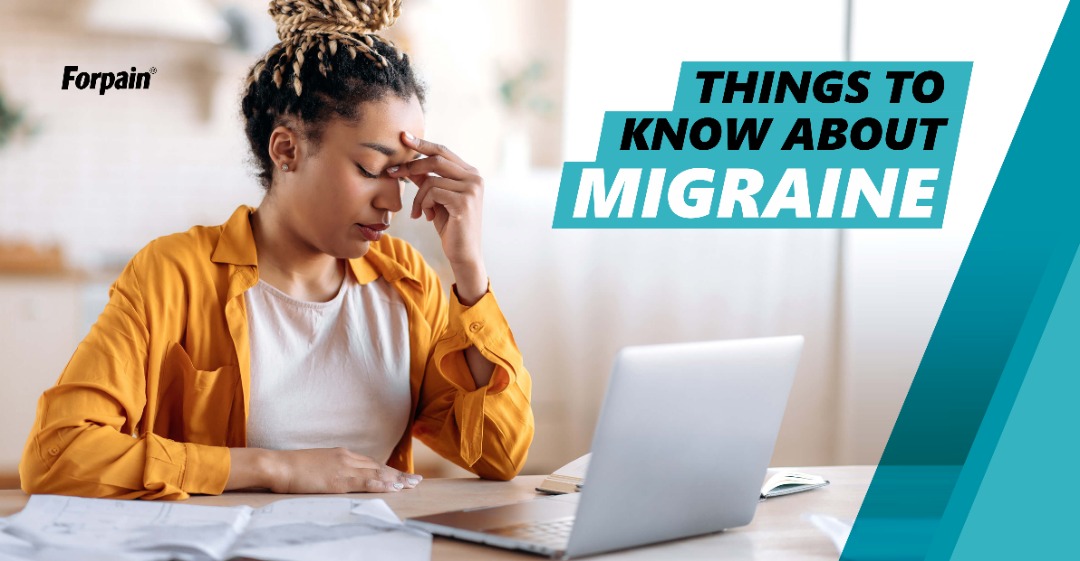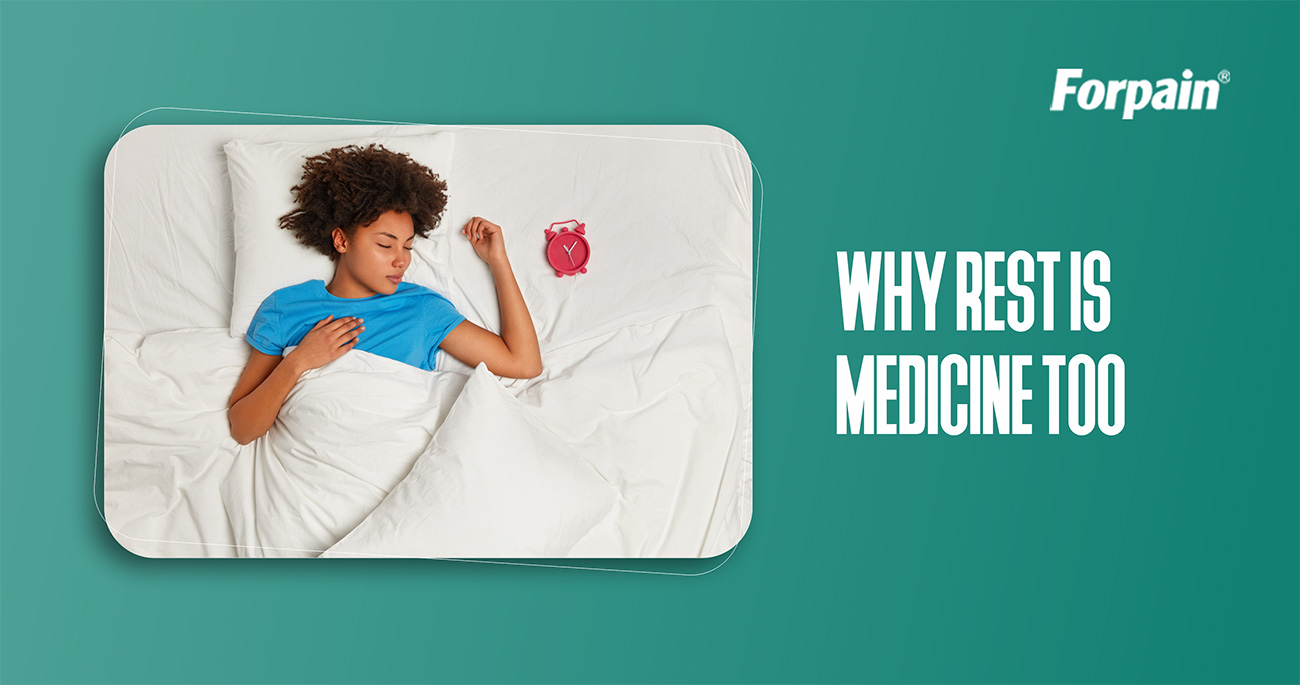
Things To Know About Migraine
Migraine is a type of headache often accompanied by nausea, vomiting and extreme sensitivity to light & sound. It usually causes throbbing pain or a pulsing sensation on one side of the head. Migraine can last for hours or even days; its severity can interfere with one’s daily activities. Some individuals who suffer migraines can predict the start of an attack because they experience sensory warning symptoms called “aura”. An aura may include flashes of light, zig-zag lines, and temporary loss of vision or tingling sensation in the arm or leg.
According to Pharmacist Dr. Elena Beyzarov, scientists still do not know for certain what causes migraines. Migraines could involve disturbances in nerve and brain chemicals that affect blood vessels near the surface of the brain. Swelling in the blood vessels, sends pain to the brain stem which is the area that processes pain information.
If you have frequent migraine attacks, and they do not respond consistently to migraine-specific treatments, or your regular medications cannot be used because of other medical problems, then preventive treatment may be prescribed for you and the sooner these treatments are administered, the more effective they are.
Migraines can be chronic, acute, optical or menstrual. CHRONIC migraines may last more than 15 days in a month for 3 or more months, sufferers are more likely to have severe headaches, depression, and serious health problems such as high blood pressure and more disability at home and away from home. ACUTE or EPISODIC migraine refers to migraines that are not chronic, patients here, have less than 15 headaches in a month. OPTICAL migraine affects only one eye; symptoms include scintillations which are flashes of light & scotomata which is partial loss of vision. These vision problems usually occur within an hour of the headache, and may sometimes be painless. MENSTRUAL migraine affects up to 60% of women who suffer any type of migraines, they can occur before, during or after menstruation and during ovulation. Make efforts to avoid a migraine before it begins by;
- Avoiding loud noises and bright lights.
- Paying attention to food choices, as certain foods & drinks can initiate migraines.
- Take note of hormonal changes because women get more migraines during or just before the onset of a menstrual period.
- Hot temperatures as well as rainy days can stimulate headaches, if the weather becomes uncomfortable for you, step inside & take a break from being outdoors. You can’t avoid going outside but you can reduce time spent in unfavorable weather conditions.
- Opt for activities that promote stress reduction without putting so much strain on the body. Yoga, light aerobics or tai chi are suggested for migraine patients.
Pain relief & other types of medication can often help in the treatment of migraines. Taking medication as soon as symptoms start may keep them from becoming severe. Always remember that Forpain is your instant relief from Headaches. there are #NoDownMomentsWithForpain.


